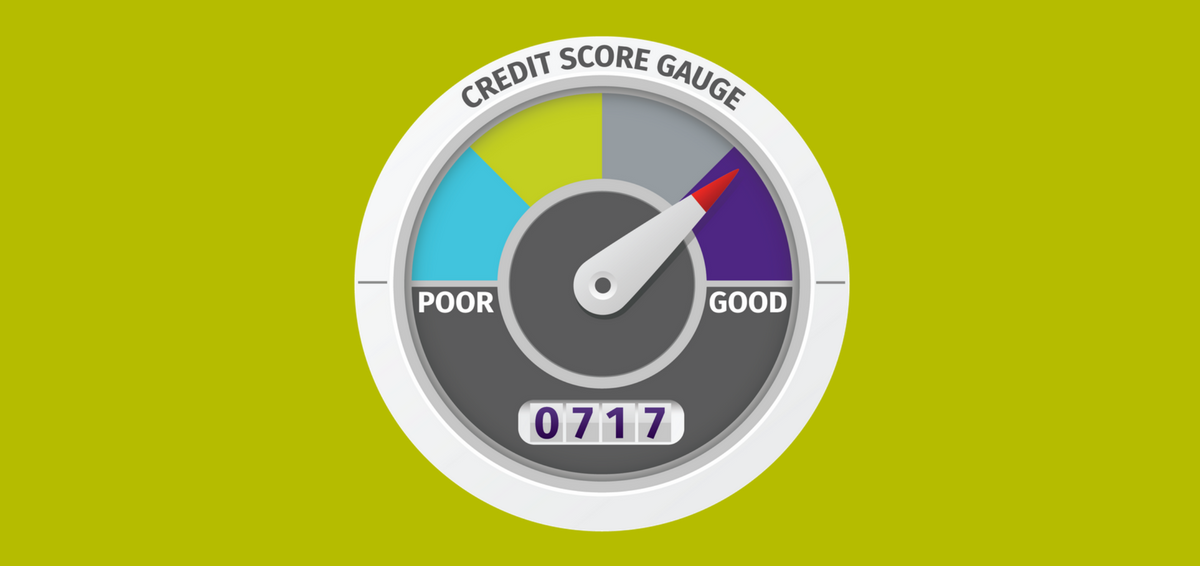by
Jen Novotny
| Jul 23, 2018

Having a good credit history is key to any financial plan. Credit scores take into consideration years of past behavior, so it’s
important to establish a history of responsible credit practices and build your score by maintaining good habits. If you have less than perfect credit, these tips can help you repair your score:
Pay your bills on time — especially your mortgage
Your credit report includes a payment history for all of your accounts, and details whether or not you’ve paid your bills late or had an account referred to collections. A history of late
payments negatively impacts your credit score, therefore it’s crucial that you pay your bills on time every month.
If you’re looking to improve your credit score so you can buy a new home or qualify for a lower interest rate, it’s
essential to demonstrate an on-time mortgage payment history of at least 12 months.
Do not max out your credit cards
Owing more than 50 percent of your credit limit negatively impacts your credit score. In fact, Forte Bank typically counsels customers not to borrow more than 30 percent of their credit limit. Statistically speaking,
the higher your percentage of debt to credit limit, or credit utilization, the greater probability that you will have difficulty making all of your payments each month on time.
Establish a good mix of credit
Typically it takes six months of credit history with two open tradelines (credit accounts) for credit scoring systems to give you a credit score. A mix of credit types, such as a revolving credit line (i.e. a credit
card) and an installment loan (i.e. a car loan) can boost your credit score and demonstrate that you can manage different types of credit.
If you are just beginning to establish your credit history, open a checking account and keep careful
track of your balance. Use debit and credit cards for convenience and safety, but not to overspend. The credit scoring systems consider your credit track record, so a longer credit history is better than a short credit history, but things like on-time
payments and low balances can help offset any negative effect from an insufficient credit history.
Demonstrate stability
Credit scoring systems review your account to see how many times you’ve applied for credit. This credit application is called an “inquiry.” Too many inquiries in a short amount of time can have a negative effect
on your credit score. Therefore, demonstrate stability in the 3-6 months before making a major purchase by not opening or closing accounts or moving large amounts of money around. Inquires by creditors who are monitoring your account to offer you a “prescreened”
credit offer does not negatively impact your credit score.
Build an emergency fund
While having an emergency fund doesn’t directly improve your credit score, having six months of living expenses on hand can help you pay your bills on time and prevent you from falling behind or incurring debt if the
unexpected happens.
If you have a bankruptcy on your credit report
It IS possible to qualify for a home loan if you’ve filed for bankruptcy in the past. There is a waiting period, but the length of the waiting period depends on the type of bankruptcy and the loan
program you’re trying to qualify for. For example, the waiting period is four years from the discharge date of a Chapter 7 bankruptcy for a conventional loan, but for some government loan programs the waiting period is only two years. Forte Bank
lenders can help coach you through the process and advise you on what steps you’ll need to take for your specific situation.
You can do it
With patience, time and hard work, you can significantly improve your credit score. Focus on establishing and maintaining good spending and saving habits, paying your bills on time, paying down outstanding balances, and staying away
from new debt.
In addition, it’s important to monitor your credit regularly so you can correct any errors and detect any potential signs of identity theft. Order a copy of your credit report from
www.annualcreditreport.com.
You are allowed a free copy of your credit report once per year from each of the three credit reporting agencies. Requesting your report from one agency every four months (make a note in your calendar to help you remember) allows you to review your credit
report throughout the year. Avoid other credit report sites that offer a “free” credit report but often require you to sign up for some other paid service.
At Forte Bank, our staff is more than willing to help you establish and
maintain good credit. We encourage you to use us as resource because good credit serves as the foundation for a more secure financial future.
For more information about how to improve your credit score, contact one of our mortgage lenders today!
Check out today’s rates, use one of our financial calculators, get a home loan quote, or start an
application in our Mortgage Center.
If you haven't already, take our mortgage quiz to
find out if you're ready to buy a home.